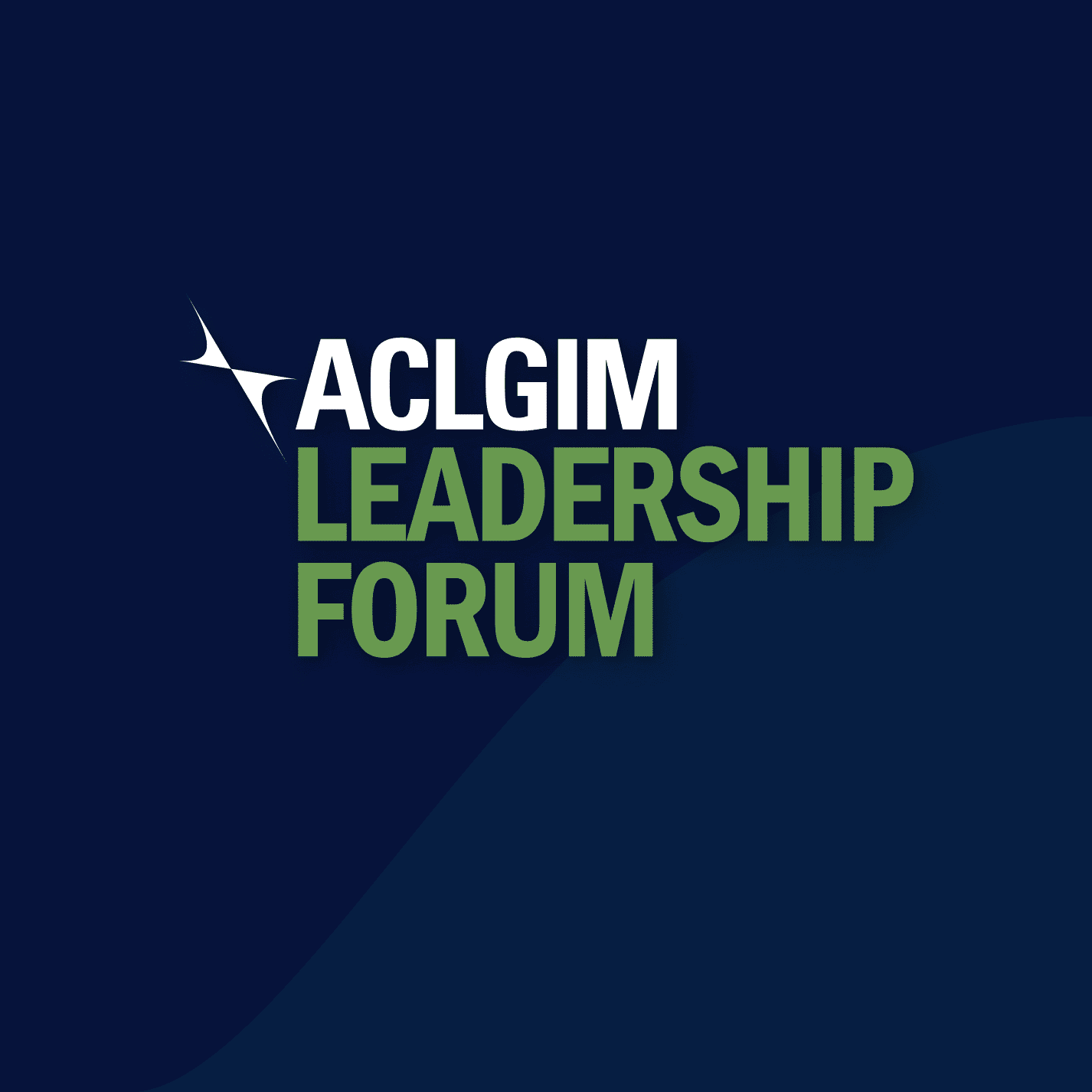The ACLGIM LEAD program is designed to promote the development of leadership skills for junior and mid-career faculty. The program starts at the national SGIM meeting’s Hess Management Training and Leadership Institute and continues throughout the following year via a longitudinal leadership curriculum and mentorship opportunity. While the program is an extremely valuable experience, the opportunity to develop a longitudinal mentoring relationship with someone from an outside institution can be a transformative experience for both mentors and mentees.
Jennifer Michener, MD (Mentee):
I had an amazing experience with the LEAD program this year but found the mentorship piece especially meaningful. I was able to complete several projects because of my mentorship experience with Dr. Michael Landry. Most notably, I designed and will soon be implementing a process to provide Long-Acting Reversible Contraception (LARC) in our primary care clinic. Dr. Landry helped me think through ways I would present this project to my leadership and coached me in how to successfully navigate some of the challenges. Without his insight, I would have struggled much more in the implementation of this project. In addition to helping me institute this project, Dr. Landry also coached me in capitalizing on scholarship opportunities. He encouraged me to connect with SGIM leaders at other institutions who are championing LARC in internal medicine primary care, which gave me multiple opportunities to partner with Women’s Health leaders in SGIM for publication. While I highly value my internal mentors, having a mentor at an outside institution through the ACLGIM LEAD program provided me with a uniquely powerful mentorship experience. I highly recommend this program to all.
Michael Landry, MD (Mentor):
Through the LEAD program, I had the pleasure of mentoring four highly successful leaders in health care. Each mentee interaction has been unique, thought provoking, and rewarding. As General Internists, we are well trained to serve as mentors because our role in caring for our patients emphasizes essential skills in listening, understanding and communicating feedback to our patients. These cornerstones in healthcare serve as core principles in successful mentor-mentee relations, whether informally to trainees and colleagues or through formal mentoring sessions. My rewards from participating in LEAD are twofold. First, I can pay forward the feedback and mentoring that has been given to me by others through SGIM and ACLGIM, highlighting the value our Society has to me and its other members. The second benefit of serving as a LEAD mentor is the chance to self-reflect. It is challenging to offer guidance without thinking back on similar instances in my career and considering how I initially handled these experiences versus how I handle them now. This self-reflection leads me to continued growth in my academic career. As John Dewey says, “We do not learn from experience. We learn from reflecting on experience”. I challenge SGIM members to serve as a LEAD mentor and I look forward to future mentoring opportunities through LEAD.
Issue
Topic
ACLGIM, Advocacy, Career Development, Leadership, Administration, & Career Planning, Medical Education, Sex and Gender-Informed Medicine, Women's Health
Author Descriptions
Dr. Michener (jennifer.michener@cuanschutz.edu) is an assistant professor of medicine at the University of Colorado School of Medicine and serves as the unhoused services director for University of Colorado Medicine. She practices at the Anschutz Medical Campus in Aurora, Colorado. Dr. Landry (michael.landry@va.gov) is an associate professor of medicine at the Tulane University School of Medicine and serves as the chief of medicine and chief of general internal medicine, Southeast Louisiana Veterans Health Care System in New Orleans, Louisiana.
Share
Related Articles
On Being an SGIM Leadership and Diversity Fellow
As 2022 ended and the New Year begins, I reflect fondly on…
Yes, You Can (Have a Career in Comanagement)!
I started my career in “comanagement” when I was 12 years old…


